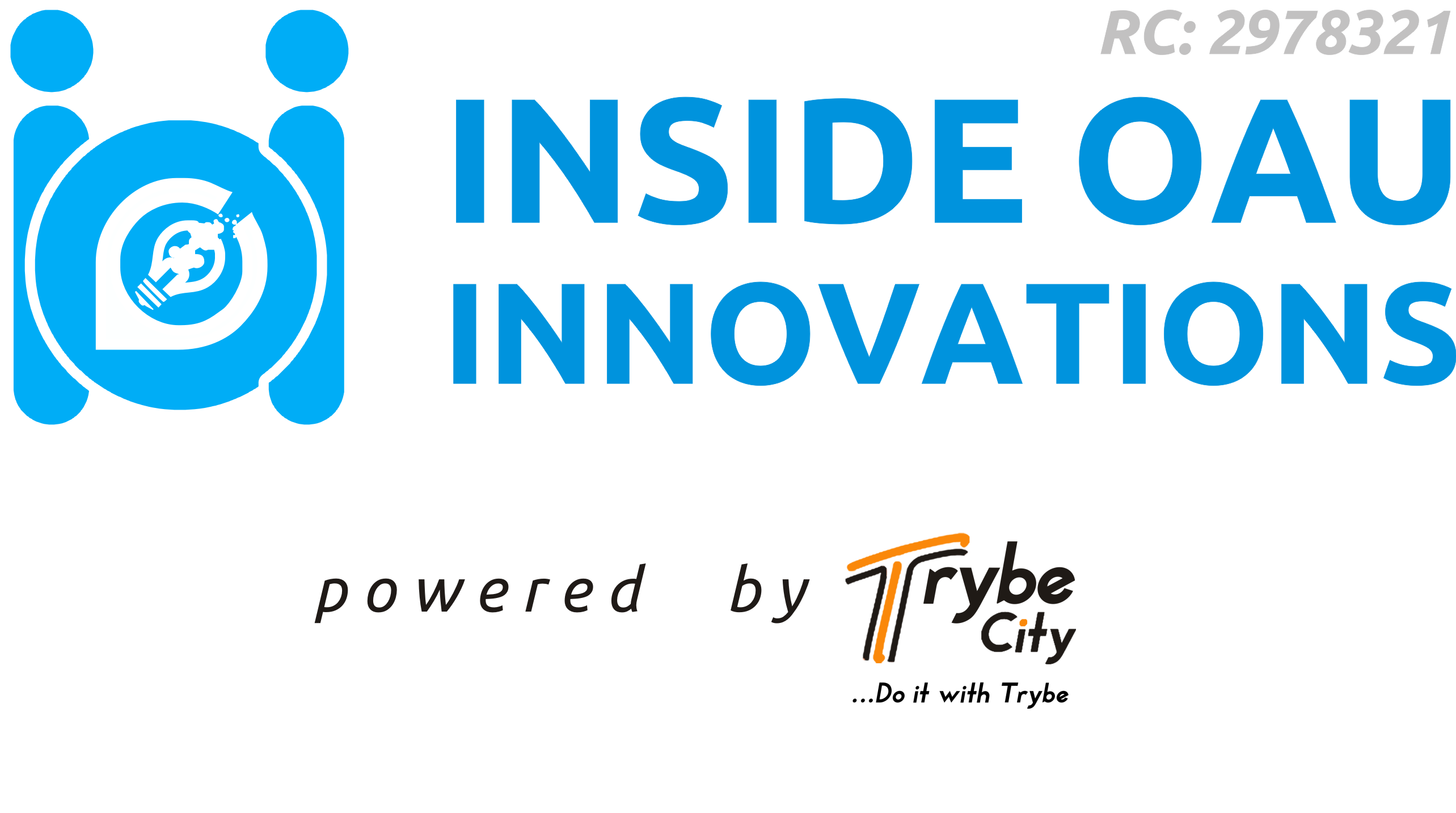
Introduction
“ELDS” stands for “Educationally Less Developed States.” It’s a term often used in the context of educational development and disparities within certain regions or states in a country. ELDS refers to states or regions within a country that face challenges in terms of educational infrastructure, access to quality education, and other educational resources.
In Nigeria, for example, certain states are referred to as ELDS because they have historically faced more significant challenges in providing quality education to their populations. These challenges can include a lack of educational infrastructure, limited access to schools, teacher shortages, and lower educational attainment compared to other regions.
Nigeria, the giant of Africa, boasts a rich tapestry of cultures, languages, and landscapes. It’s a nation with boundless potential, yet it faces a unique challenge – educational inequality.
However, beneath these challenges, federal universities accept 20% out of the total admission for a school or course from students of these states, whereby the remaining fraction goes to the merit and catchment category.
Most girls who are from these states also lack education and are often not privileged to further their education.
ELDS in Nigeria
The Following are the Educationally less developed states in Nigeria ;
1. ADAMAWA :In the Northeastern region. This state is affected by security challenges impacting education.Also Ongoing efforts are made to address educational disparities.
2. BAUCHI :Located in Northern Nigeria,also rich in culture and history.Initiatives to improve education and infrastructure.
3. BAYELSA : Bayelsa is located in the Niger Delta region, with many remote and riverine communities.Initiatives are ongoing to address these disparities, improve access to education, and promote literacy in the state.
4. BENUE :In North-Central Nigeria, known as the “Food Basket of the Nation.”Also making efforts to address educational disparities.
5. BORNO : Borno has been severely affected by insurgency and security challenges, which have had a devastating impact on educational infrastructure. Efforts are being made to rebuild schools and provide educational opportunities for the affected population.
6. CROSS RIVER : Cross River is known for its geographical diversity, including rainforests and coastal areas. Cross River has various educational initiatives and programs aimed at improving access and the quality of education, including promoting girl-child education.
7. EBONYI : Ebonyi is known for its agricultural activities and solid mineral resources.The government has launched initiatives to enhance access to education, address infrastructure challenges, and promote literacy, especially in rural areas.
8. GOMBE :Located in Northeastern Nigeria,also known for its scenic landscapes. Government Initiatives aim at improving education and infrastructure.
9. JIGAWA :Located in Northwestern Nigeria,also known for its agricultural potential.Efforts to address educational disparities are ongoing.
10. KADUNA : Kaduna is a state with a mix of urban and rural populations. Kaduna has been working on various educational reforms, including school infrastructure development and teacher training programs, to address disparities and enhance educational quality.
11. KANO :Highly populous state in Northern Nigeria. Also one of those state that aces significant educational challenges.Ongoing efforts to enhance educational opportunities have been put in place.
12. KATSINA :Former President Muhammadu Buhari’s home state.The residents faces educational disparities despite its historical significance. Efforts are being made to improve access to quality education.
13. KEBBI :Located in the Northwestern region.Also known for agriculture but has educational challenges.Initiatives to improve education are being implemented.
14. KOGI : Kogi is known for its diverse landscapes, from the confluence of the Niger and Benue Rivers to mountainous terrain. Various educational initiatives are underway to bridge these disparities and enhance educational opportunities for all.
15. KWARA : Kwara has historical educational disparities, partly influenced by socio-economic and geographic factors.Kwara has embarked on education reforms to address these disparities, with initiatives targeting infrastructure development and teacher quality.
16. NASARAWA : Nasarawa has a mix of urban centers and rural communities. Nasarawa has launched initiatives aimed at improving educational access and the quality of learning, particularly in underserved areas.
17. NIGER :Located in North-Central Nigeria,also known to be rich in agriculture but faces educational challenges.Initiatives to improve education and infrastructure are yet to materialize.
18. PLATEAU : Plateau is known for its ethnic diversity.Efforts are being made to rebuild and expand educational facilities and promote inclusive education across the state.
19. RIVERS : Rivers State has disparities in access to education. The state is actively engaged in educational development initiatives to bridge these disparities and provide quality education for all.
20. SOKOTO :Located in Northwestern Nigeria, also known for its historical and cultural significance.This state faces educational challenges, including limited access to quality education.
21. TARABA :Located in Northeastern Nigeria and known for its diverse cultures.They are also making effort to enhance access to quality education.
22. YOBE :Located in Northeastern Nigeria. They are affected by security challenges that have impacted educational infrastructure.Efforts are being made to improve access to education.
23. ZAMFARA :Also in Northwestern Nigeria. This state is rich in mineral resources but faces educational disparities. Initiatives are ongoing to address these disparities.
Conclusion
The ELDS are a reminder that a nation’s progress is incomplete until every child, regardless of their geography, has equal access to quality education. The call for equity echoes across the nation, and it’s one that resonates with the promise of a brighter Nigeria.


